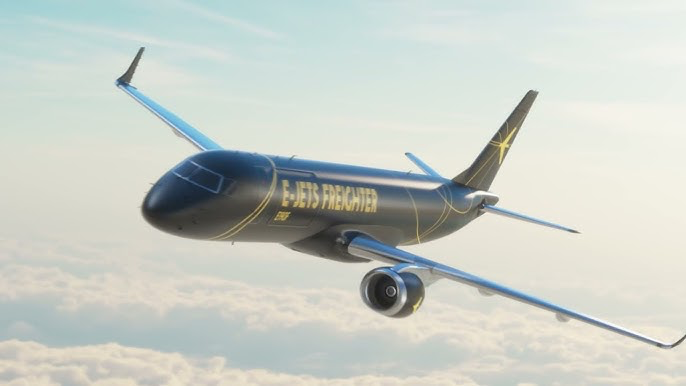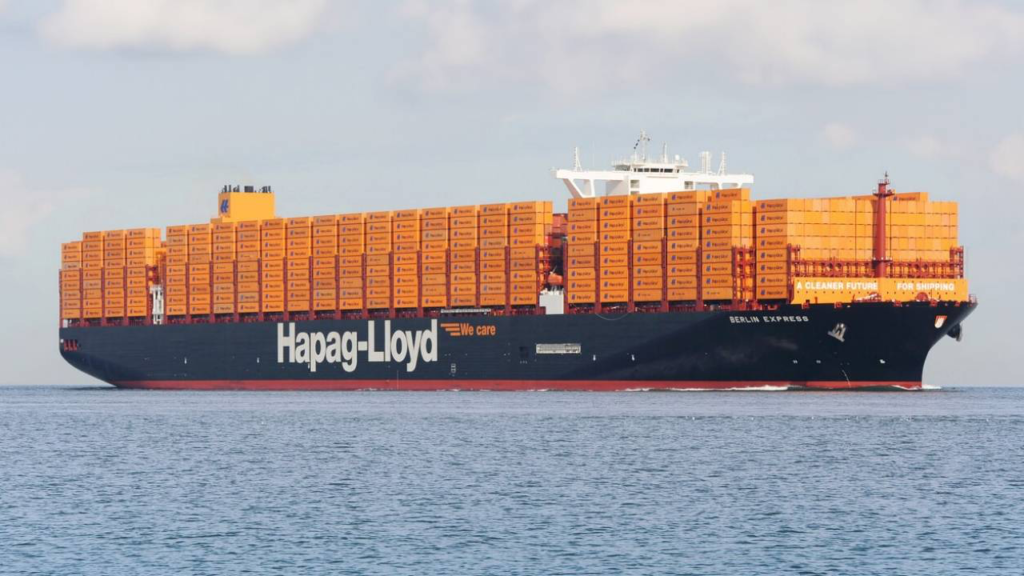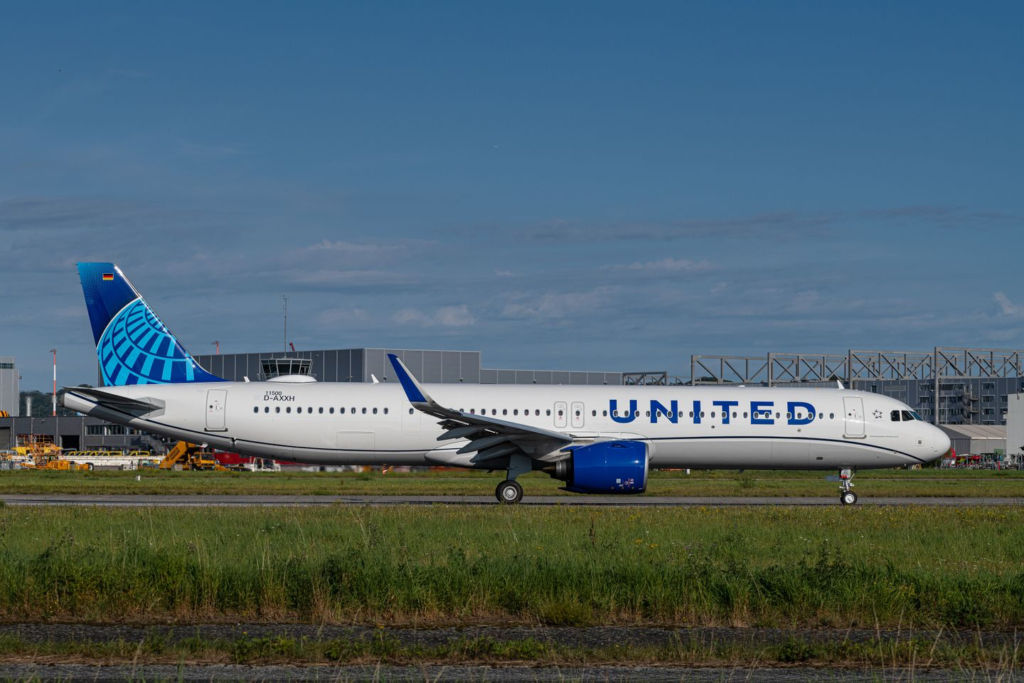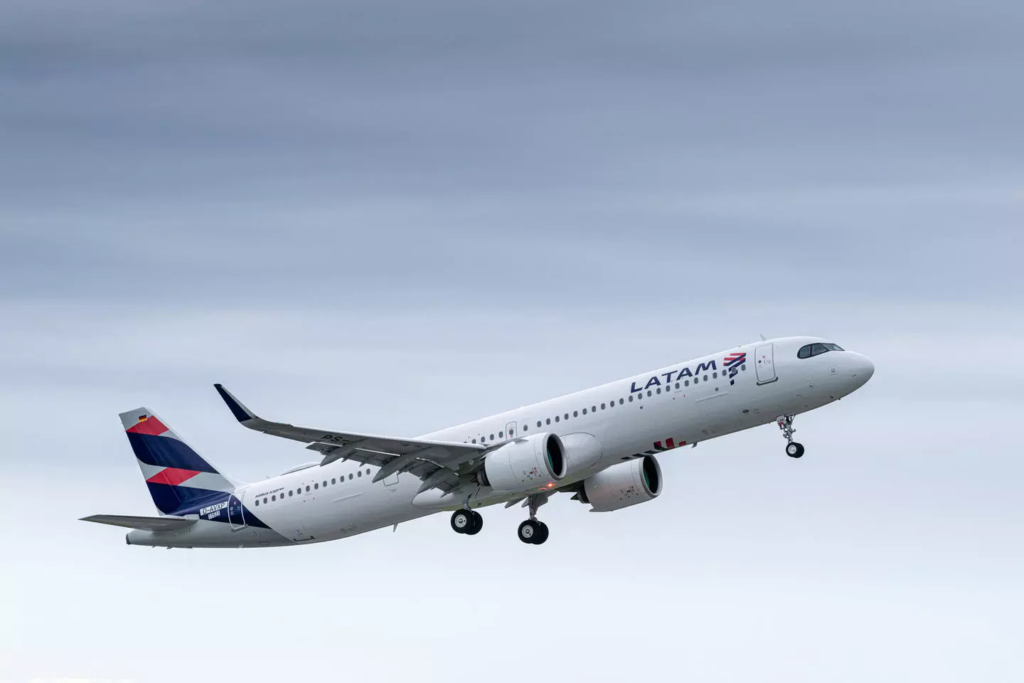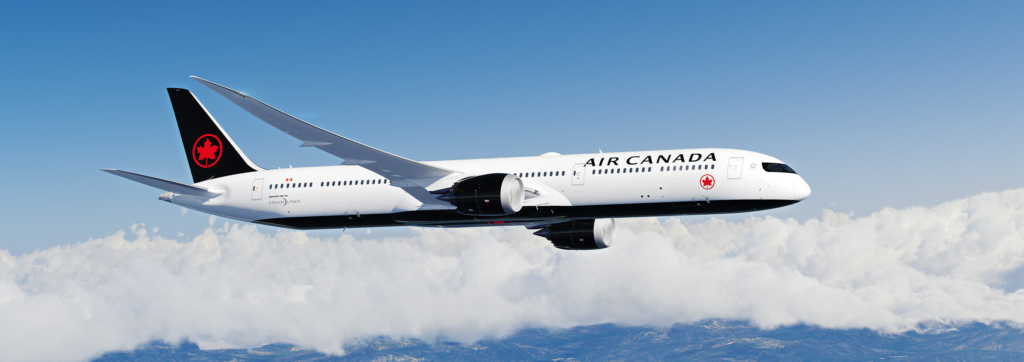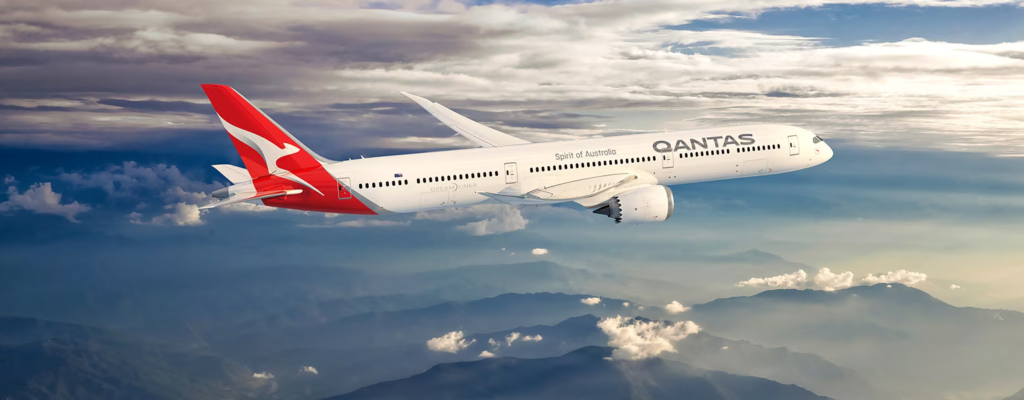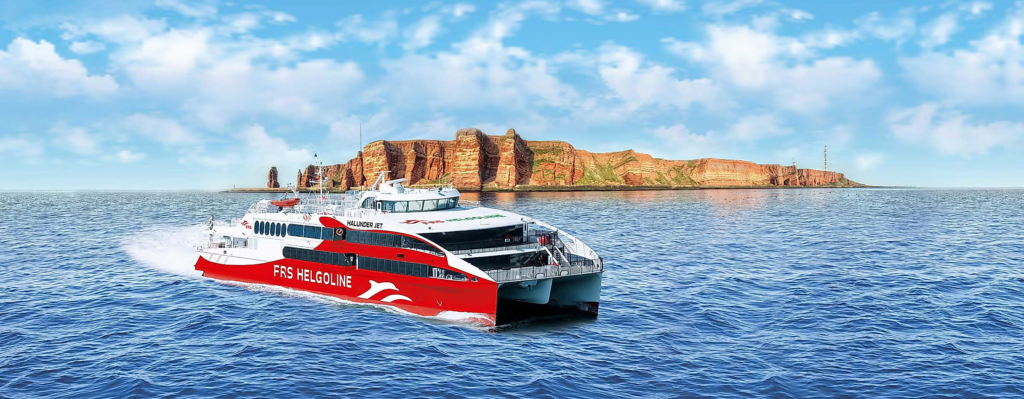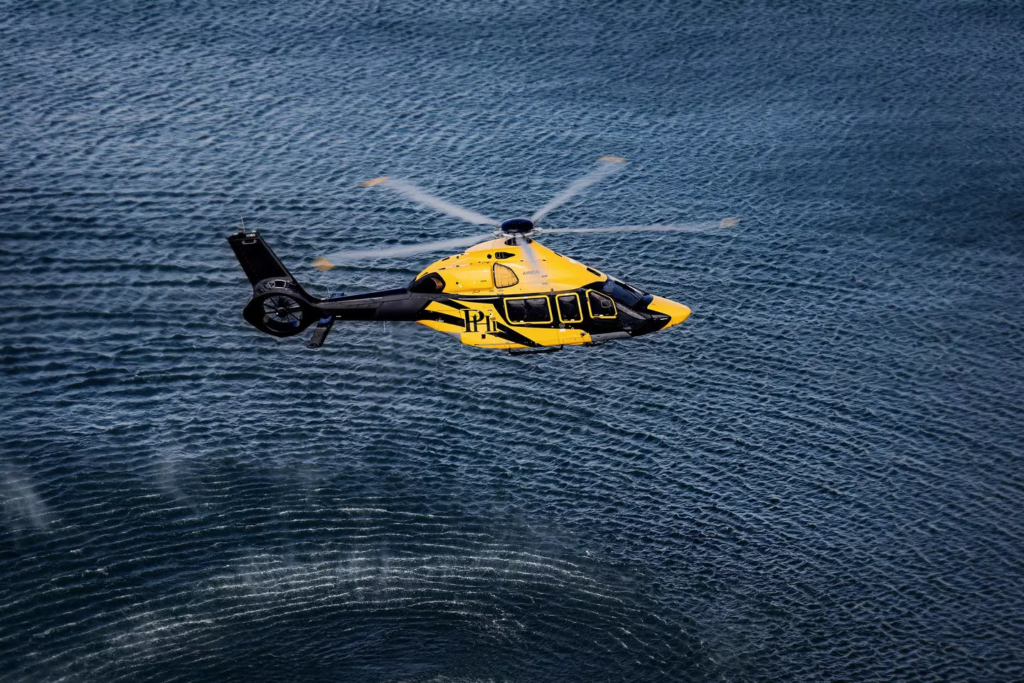Maersk & Kodiak Robotics launch commercial autonomous trucking lane between Houston and Oklahoma City
Florham Park, New Jersey/Mountain View, California — A.P. Moller - Maersk AS (OTC: AMKBY) and Kodiak Robotics, Inc., have launched the first commercial autonomous trucking lane between Houston and Oklahoma City. The freight lane marks…

